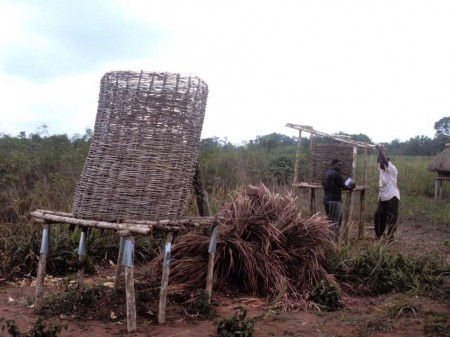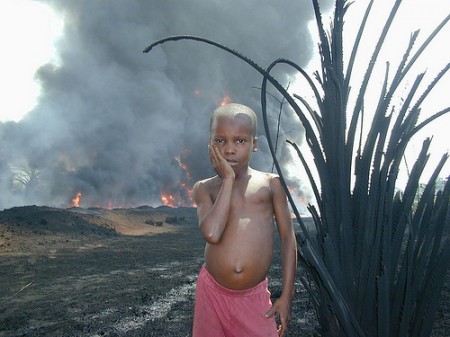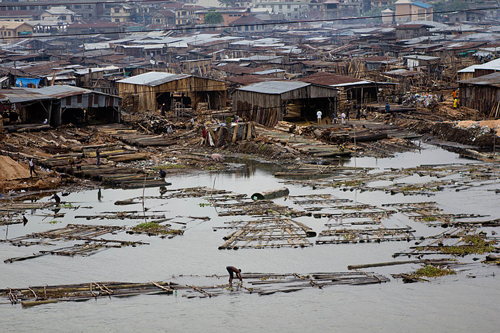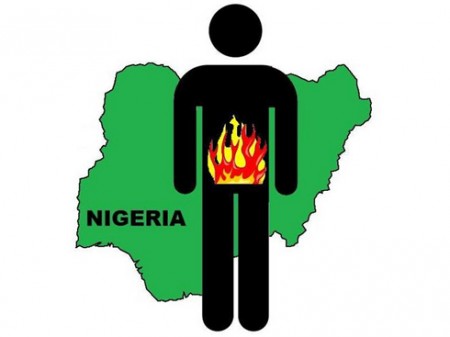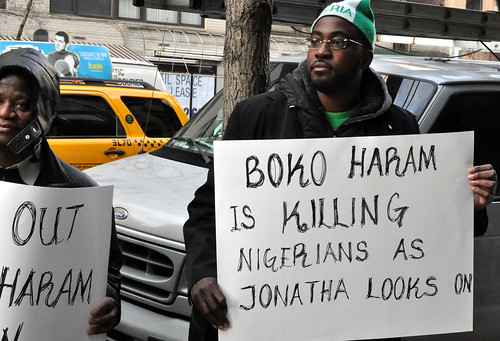
More than 700 Nigerians have died so far this year in over 80 attacks associated with Boko Haram, the Nigerian terrorist group that a recent United States report ranked as the second most deadly in the world after the Taliban in Afghanistan. Most of the deaths occurred in March and April (208 and 335 respectively), confirming the alarming dimension of Boko Haram’s atrocities in Nigeria.
In one attack in Baga, on 19 April 2013, Boko Haram militants confronted Nigerian security forces in a gun battle that left 260 people dead and nearly a thousand injured. This was the deadliest Boko Haram attack since 2009, when the group catapulted onto the global stage following violent riots that resulted in the death of over 800 people in northern Nigeria. Since then it is estimated that Boko Haram has killed nearly 4 000 people and injured several thousands more.

